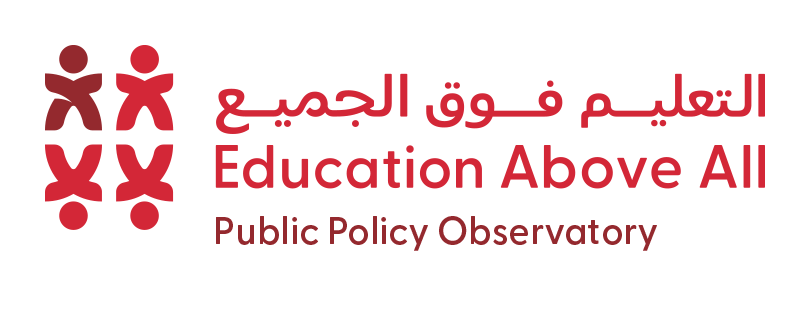Context
In Kassala, Sudan, a staggering 3.1 million children are out of school, with many residing in remote areas far from traditional educational facilities. This situation has created an urgent need for alternative methods to reach these marginalized, hard-to-reach children.
Solution
The 'Can’t Wait to Learn' Programme, led by UNICEF and its partners, aims to address this challenge by leveraging education technology. This innovative initiative offers certified curriculum content through applied gaming and personalized pupil engagement. Key components of the programme include:
- Applied Gaming and Community-Based Facilitation: Utilizing context-specific gaming and community facilitation to deliver education, bypassing the need for formal school infrastructure.
- Innovation Management: Implementing a staged approach to growth supported by rigorous research.
- Strategic Partnerships: Ensuring the involvement of both state and non-state education sector actors to create a robust partnership model.
Impact
The ultimate goal of the initiative is to develop a scalable and viable education alternative for conflict-affected children, girls, and children with disabilities who are currently excluded from the traditional education system. The expected impacts include:
- Improved Access: Facilitating access to education for minority groups, including girls, through an effective distribution approach.
- Strong Learning Outcomes: Achieving significant learning outcomes that enable children to transition smoothly to the formal education sector.
- Cost-Effectiveness: Ensuring the model is financially sustainable at scale.
- Comprehensive Partnerships: Engaging all relevant stakeholders to support and enhance the educational ecosystem.
However, some previous experience in the context of sudan include Unicef capacity building intervention that included a 10-day training program for 33 facilitators. The training included e-learning, positive parenting, life skills, and positive discipline in routine teaching. These facilitators then provided sessions for 2000 boys and 23 girls in the remote villages of Kassala













